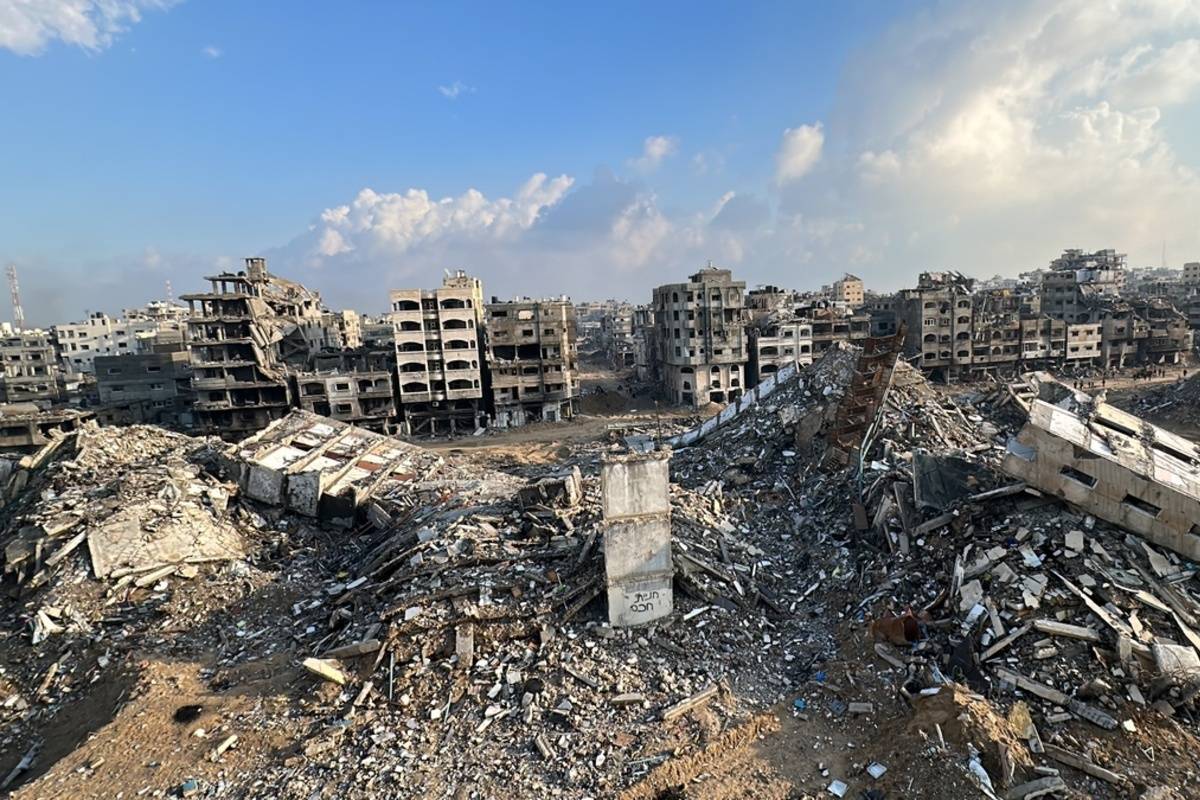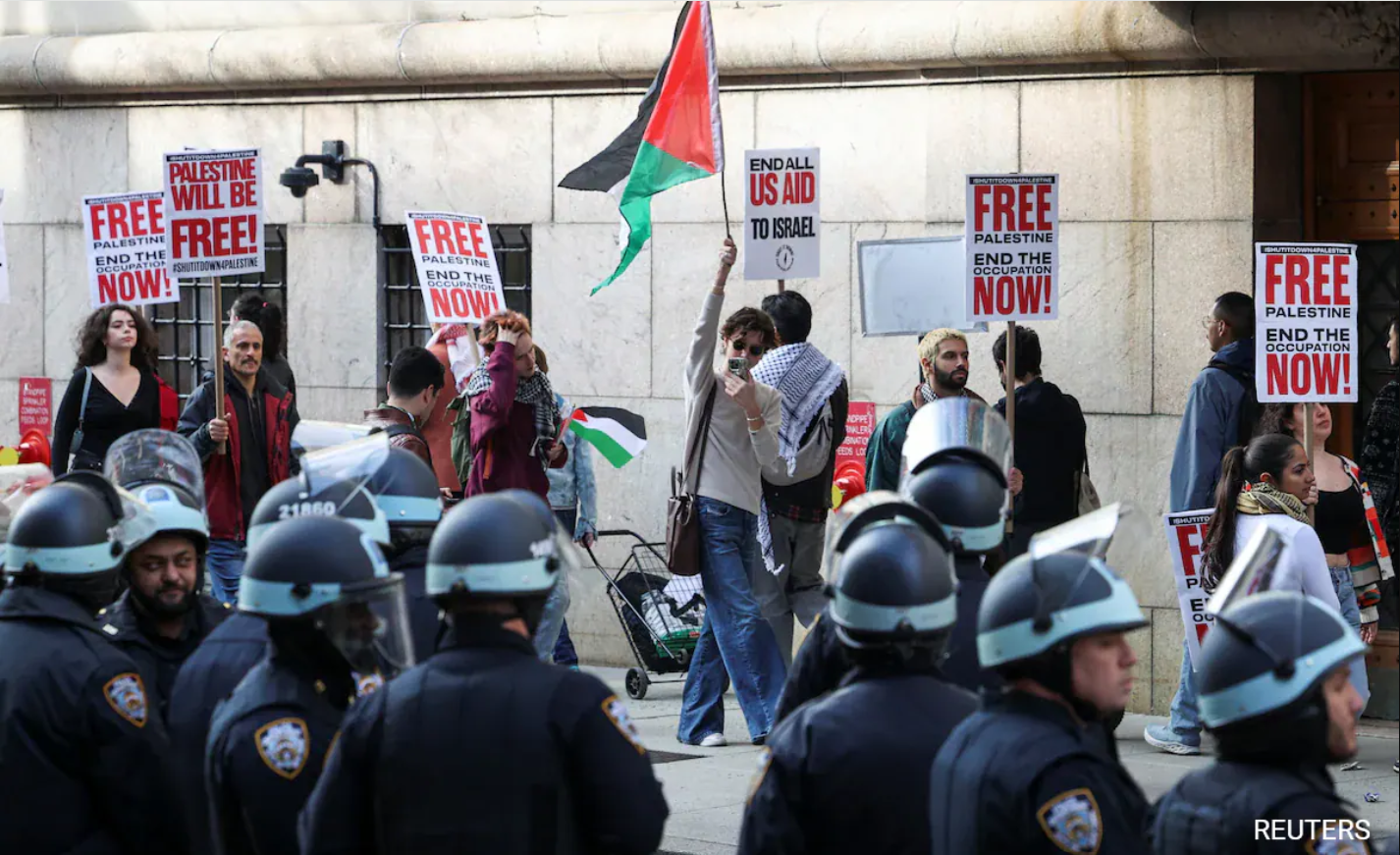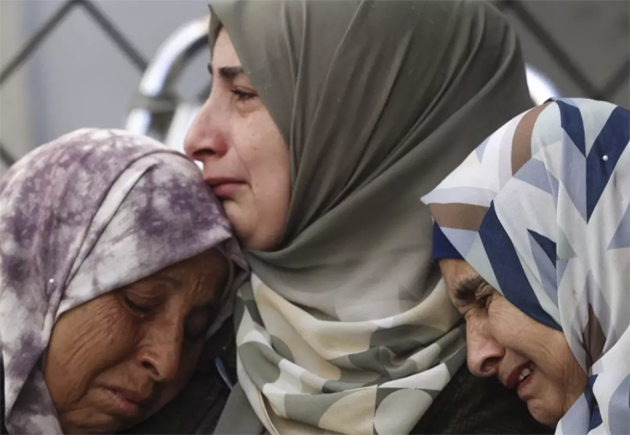“Whenever Pharaoh wanted to prolong the period of slavery in Egypt, he had a favorite, favorite formula for doing it. What was that? He kept the slaves fighting among themselves. But whenever the slaves get together, something happens in Pharaoh's court, and he cannot hold the slaves in slavery. When the slaves get together, that's the beginning of getting out of slavery. Now let us maintain unity,” opined Dr. Martin Luther King Jr. in [I see the Promised Land, April 3, 1968]
What are the obstacles to Palestinian unification? If there are inequalities or disadvantages experienced by a certain group, then this could cause feelings of hostility towards the others thus feeding straight into the occupiers' hands. By considering some of your own people as "hostile parties", you are falling into the trap and making yourself easier to be controlled. As an outsider, but also as a Palestinian, I am often reminded of the abovementioned quote by Dr. Martin Luther King Jr. Without unification, how can we achieve solidarity?
As I walked through the Muslim Quarter of the Old City of Jerusalem, I had a chance to talk to a middle-aged man who works for a hotel in the area. While we were talking about how the West Bank and East Jerusalem have changed in recent years, he calmly said he feels Christians in Jerusalem are clearly more advantaged than Muslims in the city.
He complained that all the residents in the Christian quarter apply and easily gain Israeli citizenship while residents of the Muslim Quarter have many more obstacles in their way. The truth is this it is not really the case. There may be many Christians who have Israeli citizenship, but there are many more permanent resident holders than citizens in the Christian Quarter, similar to those in the Muslim Quarter.
This man may have been slightly exaggerating, but nevertheless, it does seem in general that people from the Muslim community think of Christians as more advantaged than themselves. For example, Christians who have a West Bank ID can apply for permission to enter Israel on every Christian holiday and some of them are valid for 40 days. On the other hand, Muslim West Bankers aren't allowed permission as frequently, and even if they are, the duration is only for a few days. Another Muslim man said to me that Israel is trying to win Christians over to their side and would then eventually turn on Muslim Palestinians. Whether this fear is valid or not, the fact that there is some level of distrust amongst each other means this could possibly spread between them and escalate into hostility.
As I see it, the Christian community, which is considered the more privileged party, is not an exception in this cycle of distrust. I have met a number of Christians in Palestine who do not fully trust other religious groups in their society. There are even those who do not like their children to mingle with Muslim kids and vice versa. Some Christians complain that Muslims hire only Muslims in their companies while Muslims make the same allegations. The cycle of distrust is always reciprocal.
Another obstacle towards reaching a unified and harmonious society is the physical separation. The wall Israel has built along and inside the West Bank has clearly separated thousands of Palestinians whereby people living in different areas have started developing individually. I was completely astonished to see the change and liveliness of Ramallah this time compared to my last visit to Palestine four years ago. At the same time, some towns I visited like Jericho, Bethlehem and Qalandia weren't much different. I often hear about the Hamas-Fatah conflict in Gaza, but people talk about it as if it were a civil war in another country. Of course, since Gaza seems so far away because it is not accessible – completely closed off to other Palestinian areas and to the outside world - and we only depend on the media for information about the situation, perhaps I should not be so critical about how we live our daily lives “separated” from our people in Gaza. Still, I just can’t help but think that this is one more trap we fell in which has only made it easier for Israel to control us.
It seems only natural to follow the path that has already been paved for us. Passivity may be easier than questioning and changing what is already there. But if we ourselves don’t step back and try to realize that we are clutching at our own necks, we can end up harming ourselves. From the observations of people in Palestine, I strongly believe we need understanding between each other before we attempt to achieve this with others. Let us take our cue from the ancient Egyptian slaves – only when they united could they fend off the pharaoh's evil schemes. We should not allow Israel - this modern day pharaoh – to manipulate us.








